What if "The Matrix" Had No Betrayer?
What if Cypher had stayed loyal in "The Matrix"? This alternate timeline explores how one man's decision could have reshaped the crew’s fate and softened the film's defining philosophical tension.
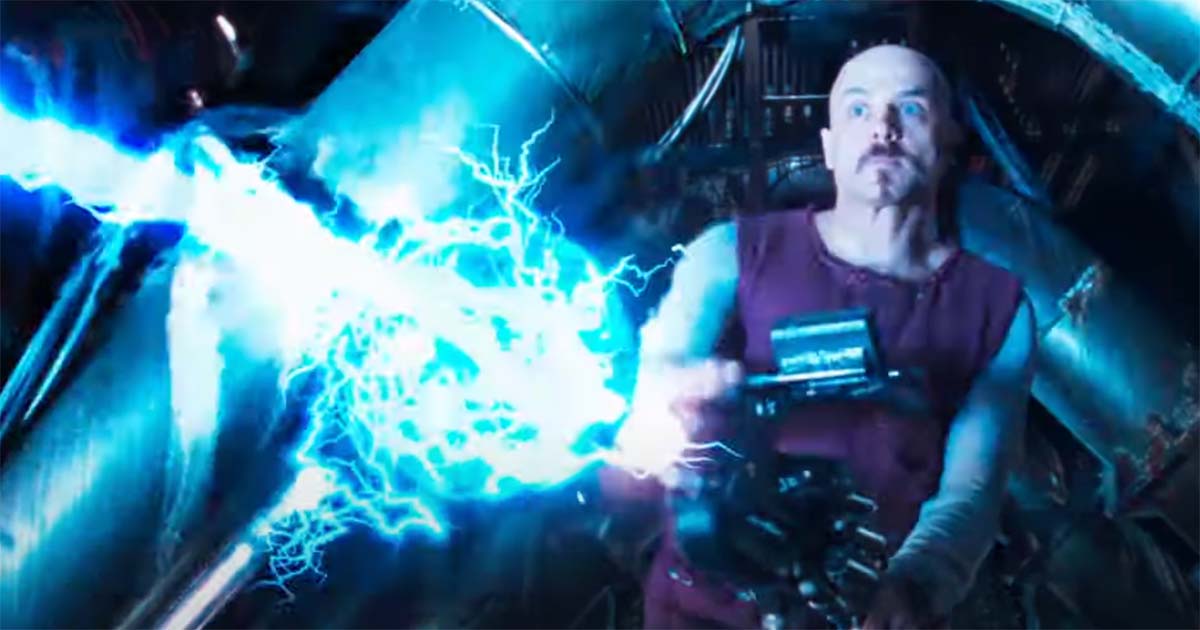
Released in 1999, "The Matrix" stood apart from its contemporaries not merely because of its pioneering visual effects or stylized action, but also because of its powerful philosophical core. At its heart lies a stark divide between illusion and reality, embodied by the red pill and blue pill—truth or comfort. Few characters make this divide more personal than Cypher, the disillusioned crew member of the Nebuchadnezzar who chooses betrayal in pursuit of a return to ignorance.
Cypher's decision to side with the Machines serves as the story's pivotal act of treachery. His betrayal leads to the deaths of Apoc and Switch, the near-fatal wounding of Tank, and the capture of Morpheus—events that ultimately catalyze Neo's transformation into something more significant. But what if Cypher had made a different choice? What if, in a moment of resolve, he had remained loyal to his crewmates?
Sometimes, the quiet decisions made in shadows and silence ripple outward with unexpected force. One wonders how different the world of "The Matrix" might have been if Cypher had kept his seat at the table, choosing fidelity over deception.
The Fulcrum of Betrayal
Among the crew of the Nebuchadnezzar, Cypher is the anomaly. While others embrace the grim reality of the real world, Cypher seethes with regret. His contempt for the tasteless gruel, the cold metal corridors, and the ever-present threat of annihilation simmers beneath every glare and sarcastic remark. Unlike Neo, who enters the resistance with a sense of wonder, Cypher longs for retreat. He doesn't merely want comfort. He wants forgetfulness. His desire is not to improve reality, but to erase it.
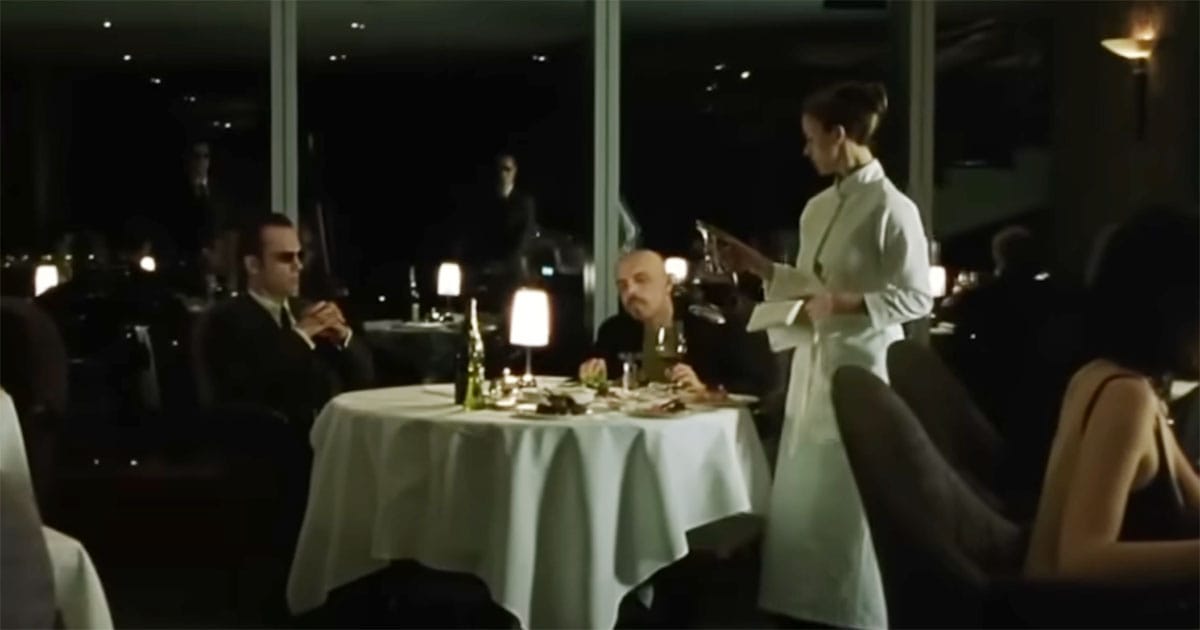
This disillusionment culminates in a private deal with Agent Smith. In exchange for betraying his crew mates, Cypher demands to be reinserted into the Matrix with no memory of the real world. His exact words—"Ignorance is bliss"—strike at the philosophical heart of "The Matrix." Cypher believes that the lie, if pleasurable enough, is preferable to the truth. In doing so, he becomes the film's Judas figure, a man who trades loyalty for illusion.
But his betrayal is not merely thematic—it is catalytic. The deaths of Apoc and Switch, the temporary incapacitation of Tank, and Morpheus's capture all stem from Cypher's actions. These events fracture the crew and force Neo into decisions he otherwise may have never faced. Cypher's turn toward self-interest over duty triggers a chain of events that thrust the story into motion and compels others to confront their destinies.
If Cypher stayed loyal
Had Cypher remained loyal to the crew of the Nebuchadnezzar, the narrative trajectory of "The Matrix" would have altered dramatically. Most immediately, Apoc and Switch would have survived. Their experience and skills—especially in operating within the Matrix—would have continued to bolster the team's effectiveness in missions. Dozer, too, would have avoided the lethal ambush, preserving not only a valuable operator but the emotional backbone of the ship's crew.
Tank, though wounded during the Sentinels' prior attack, would not have been left alone to pick up the pieces. With a full crew intact, the Nebuchadnezzar would have had greater resilience in the face of external threats, both digital and mechanical. More crucially, Morpheus may never have been captured. Cypher's betrayal is the direct cause of his subduing. Remove that element, and the sequence that leads to his interrogation by the Agents never unfolds.
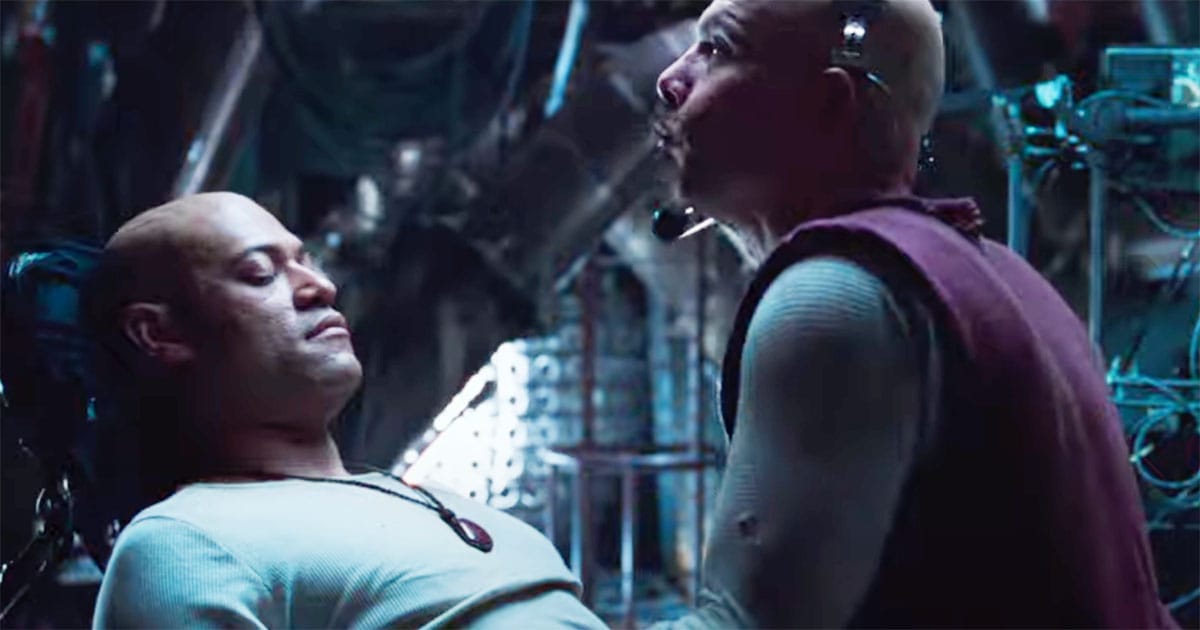
Without Morpheus in jeopardy, Neo's journey would have looked very different. The dramatic rescue—an event that forces Neo to act beyond hesitation—is the crucible that reveals his latent potential. Stripped of that urgency, Neo's awakening may have been delayed or even stalled. His doubts could have lingered, unresolved in the absence of a life-or-death proving ground.
Moreover, the Agents' strategies might have shifted. A fully functional crew, operating without internal sabotage, would have been harder to isolate and manipulate. The confrontation in the government building—one of the film's most iconic sequences—may never have occurred. In this timeline, the Machines would find themselves facing not a fractured group of rebels, but a coordinated resistance prepared for their tactics.
A loyal Cypher means a more substantial crew, yet a world without the same trials by fire. And in the absence of fire, it's fair to wonder whether steel would ever be forged.
The lost dilemma
At its core, "The Matrix" asks a question older than any machine. Is it better to live in a pleasant illusion or a painful truth? This dilemma finds its most personal expression in Cypher, a man who looks at reality and flinches. His longing to return to the Matrix is not just about steak and comfort. It is a rejection of the burden of knowing. For Cypher, the truth is not a gift. It is a curse.
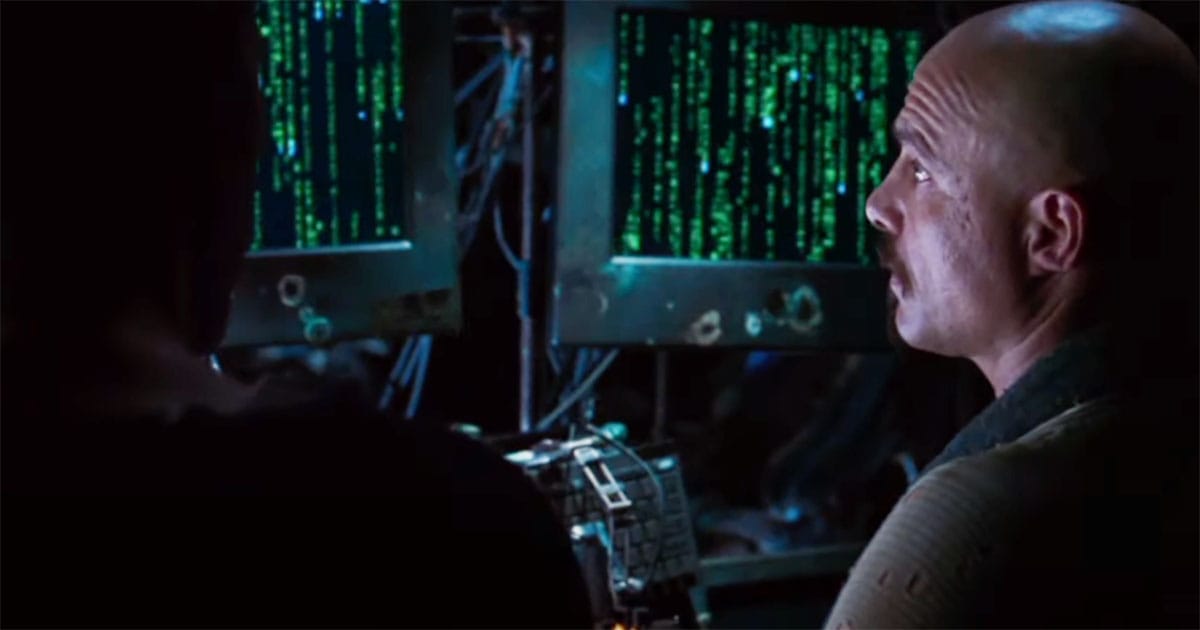
Without Cypher's betrayal, that question weakens. The crew becomes a band of unwavering believers, and the film loses its sharpest internal conflict. The resistance's sacrifice, grounded in hardship and conviction, carries more weight when measured against Cypher's defection. His decision makes their loyalty more poignant and their suffering more deliberate.
Cypher makes his case not with philosophy books, but with a bite of simulated steak and a smirk. In doing so, he asks the audience to consider whether knowledge is always worth the cost. Remove that voice, and the film risks becoming a parable with no heretic, a moral fable with no temptation.
In the alternate timeline, the crew is whole and the mission continues. But the moral tension thins. The viewer is never asked to sit where Cypher sits, staring down the truth and turning away. Without that moment of doubt, "The Matrix" becomes less of a question and more of an answer.
A stronger crew, a weaker story?
If Cypher had remained loyal, the Nebuchadnezzar crew might have endured longer. Missions could have run smoother. Morpheus may never have been captured. Neo's path might have taken a steadier, less harrowing course. On paper, it sounds like an improvement—a more capable team facing the Machine threat as one.
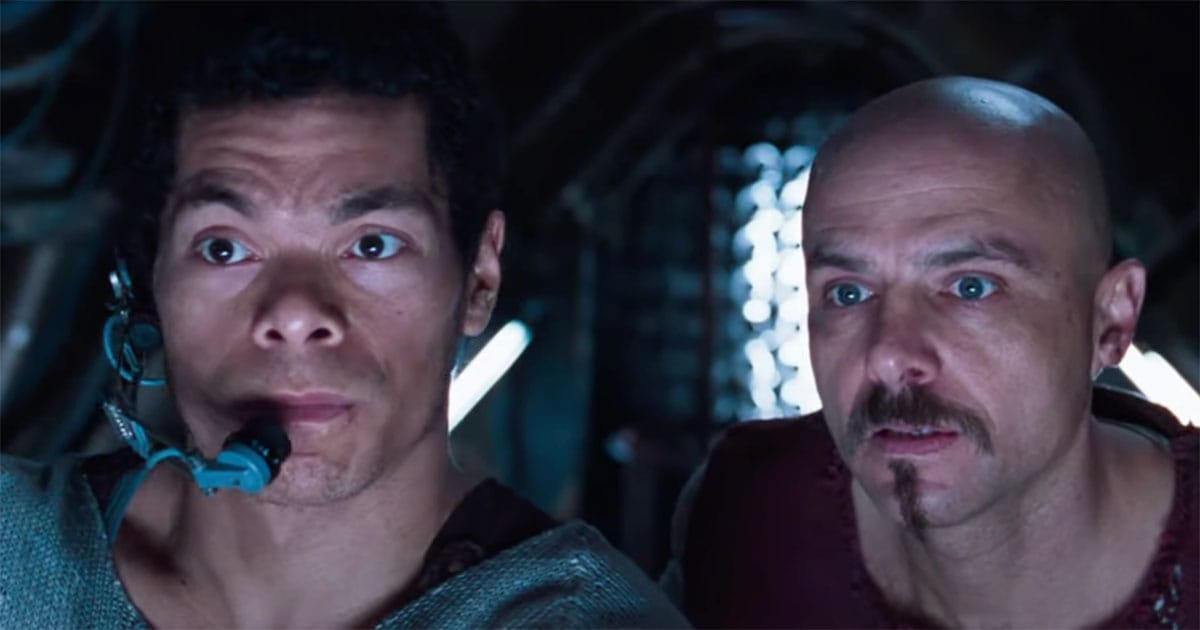
Yet something vital would be lost.
Cypher's betrayal injects the story with uncertainty, tension, and moral weight. He is the character who dares to voice what others suppress. His discontent casts every act of sacrifice in sharper relief. Without him, the philosophical undercurrent that defines "The Matrix" would drift into simplicity. The crew would be stronger, but the story would be thinner.
In the end, great science fiction thrives not on perfection, but on friction. Even a traitor, well placed, can hold up a mirror to heroism and make its light burn brighter.

